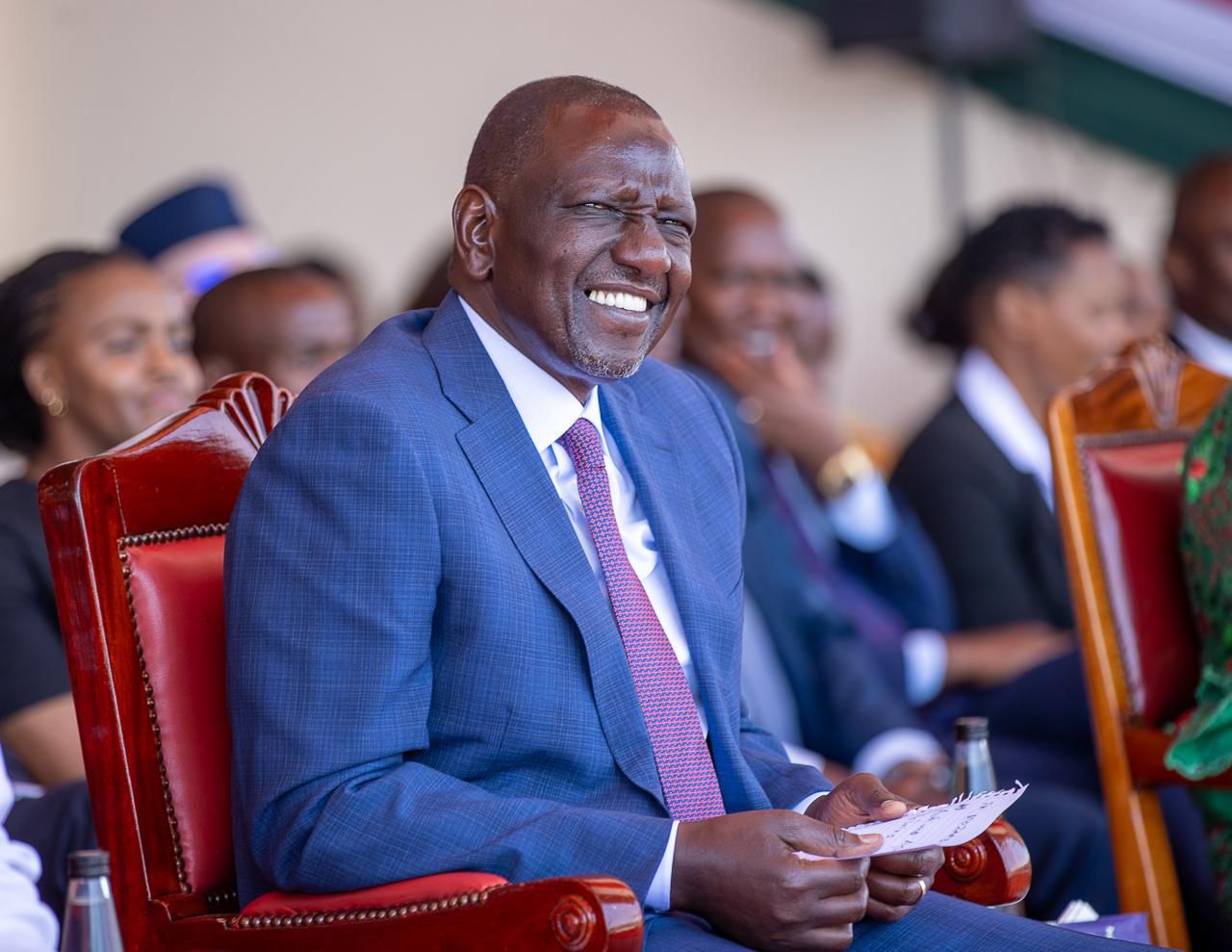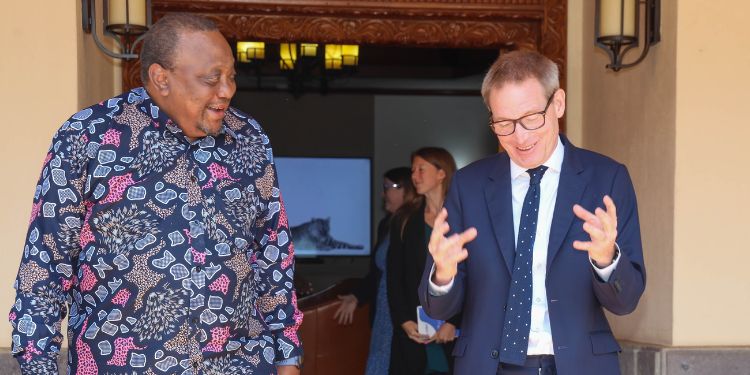The United Kingdom (UK) has announced major cuts to its aid budget for Kenya and other African nations, just months after former President Uhuru Kenyatta asked Western countries to stop giving handouts to countries, including Kenya.
Further, World Bank President Ajay Banga linked the new UK approach to growing calls from Global South leaders, including Uhuru Kenyatta, for aid to evolve into sustainable partnerships.
The UK’s new foreign aid figures reveal that overall aid to Africa will fall by 12%, a £200 million cut, dropping to Ksh242.3 billion (£1.4 billion) for the 2025/26 financial year
“The UK’s new approach aligns with recent calls from Global South leaders for a move away from traditional aid to a focus on investment and partnerships, including from the African Development Bank, and the former Kenyan President,” a statement from the UK government read in part.
Also Read: ‘Why are You Crying?’- Uhuru Responds to Kenyans Over Trump Order
UK Explains Reasons for the Funding Cuts
Bilateral aid to Kenya is among the affected sectors, with the UK changing its funding strategy to multilateral institutions such as the World Bank and Gavi, the Vaccine Alliance.
“We are modernizing our approach to international development. Every pound must work harder for UK taxpayers and the people we help,” said Baroness Chapman, UK Minister for Development.
The decision is part of a policy change following the UK government’s announcement to cap international aid spending at 0.3% of Gross National Income from 2027.
The percentage is down from the internationally recommended 0.7%.
Consequently, Kenya will have to access funds through global platforms instead of getting direct country support. The United Kingdom has insisted that the move will ensure an even greater impact.
“We are grateful to the United Kingdom for honoring its pledge to IDA. In a time of tight budgets and growing global risks, this is not just generosity, it’s strategy.
“Every taxpayer pound is multiplied many times over through the Bank’s ability to mobilise capital and partner with the private sector,” noted World Bank President Ajay Banga.
Further, he noted that the jobs created will encourage self-reliance for economies and reduce instability and crime.
“These resources help create jobs in developing countries, jobs that build self-reliant economies, reduce the drivers of instability, crime, and migration, and grow the middle class.
“In turn, they create future consumers of UK products and investment opportunities that strengthen the UK economy over the long term,” he added.
Also Read: Inside Ksh16.3 Billion UK Funding Boost for Kenya & Other African States
What This Means for Kenya
Although the move is progressive, the UK’s equality impact assessment has indicated that it will lead to alarming immediate humanitarian consequences.
The assessment warns that the cuts will increase deaths and disease across Africa. Key programs are being wound down, including;
- A girls’ education initiative in the DRC, which will now shut down, impacting 170,000 children.
- Significant reductions in crisis response funding for South Sudan, Ethiopia, and Somalia.
- A likely scale-down of grassroots health, education, and women’s empowerment initiatives in Kenya.
Moreover, the United Kingdom confirmed a Ksh343 billion (£1.98 billion) pledge to the World Bank’s International Development Association (IDA), a fund expected to benefit 1.9 billion people over the next three years. Kenya is among IDA’s key partner countries.
Locally, the Dhamana Guarantee, a UK-backed financial tool operating in Kenya, was cited in the FCDO’s report as a model of sustainable, investment-driven development.
The tool is designed to help Kenya mobilise private capital for climate action and infrastructure projects.
It will maintain a humanitarian reserve fund to respond to crises such as those in Gaza, Ukraine, and Sudan, but many African regions will now need to compete harder for limited funds.
Follow our WhatsApp Channel and X Account for real-time news updates.


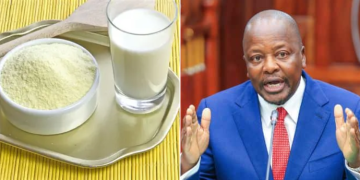
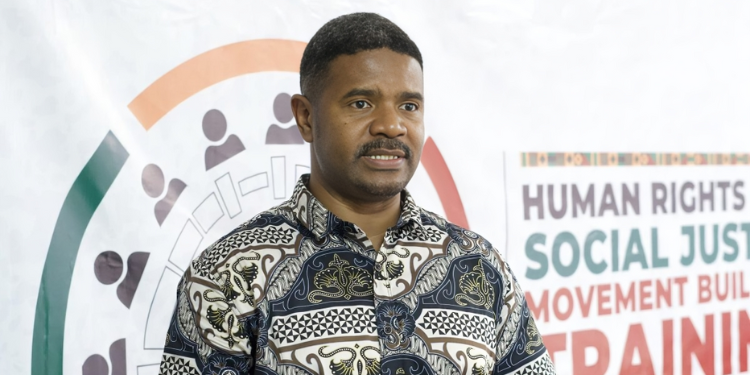
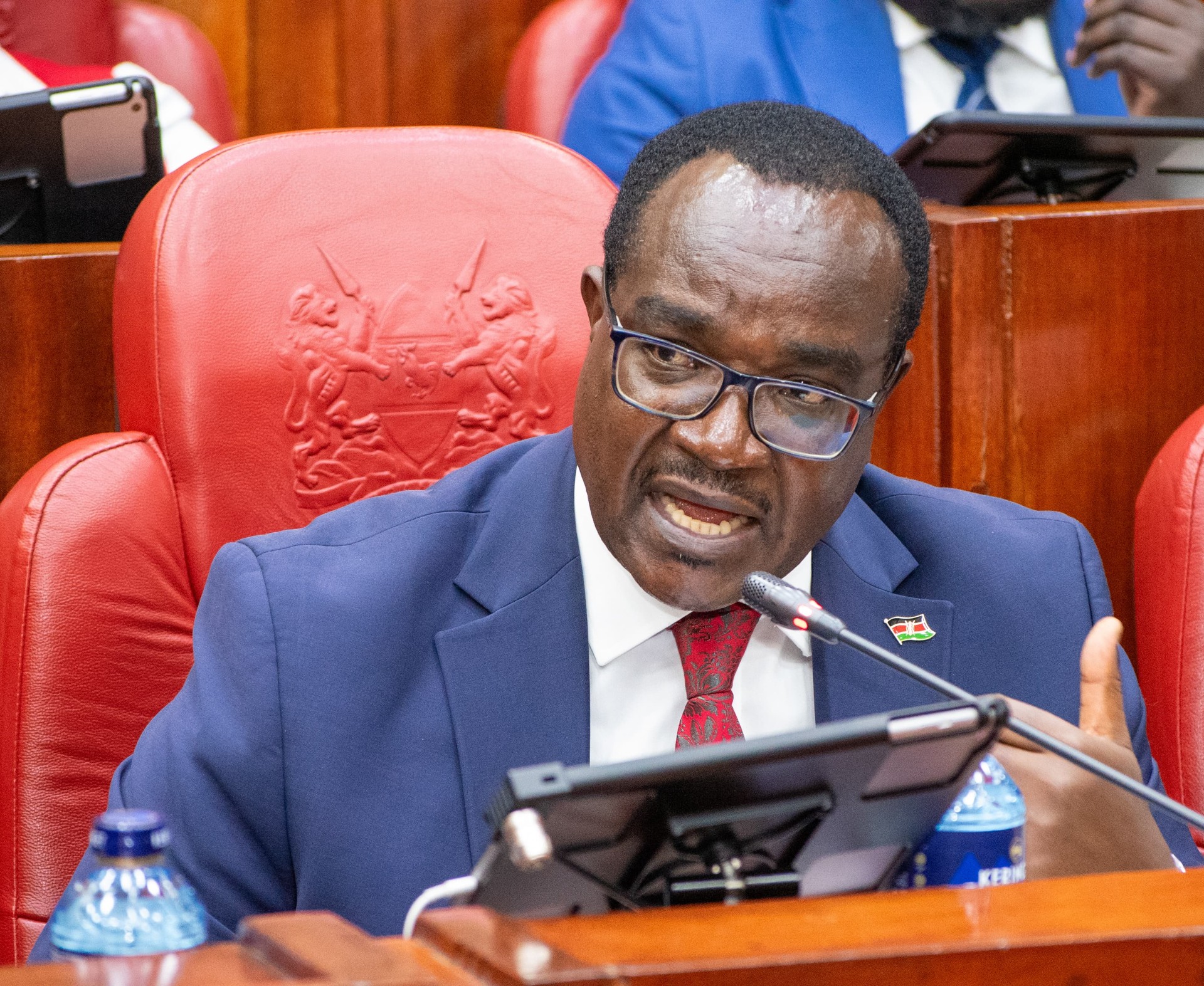


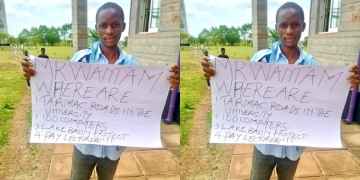

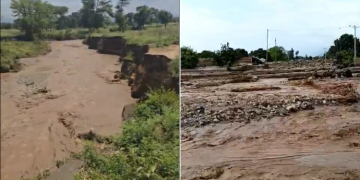
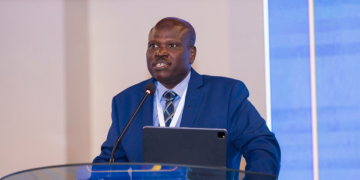






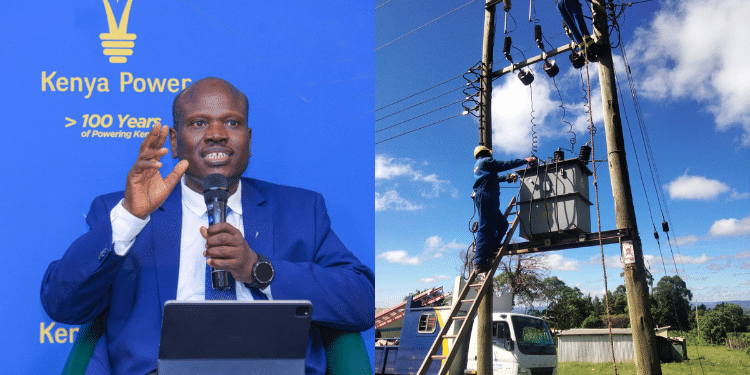




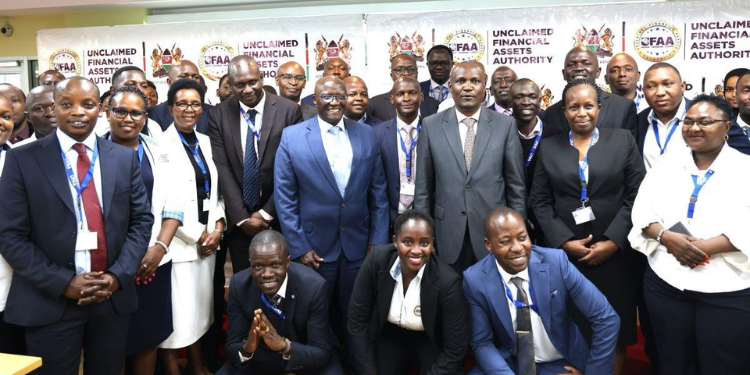
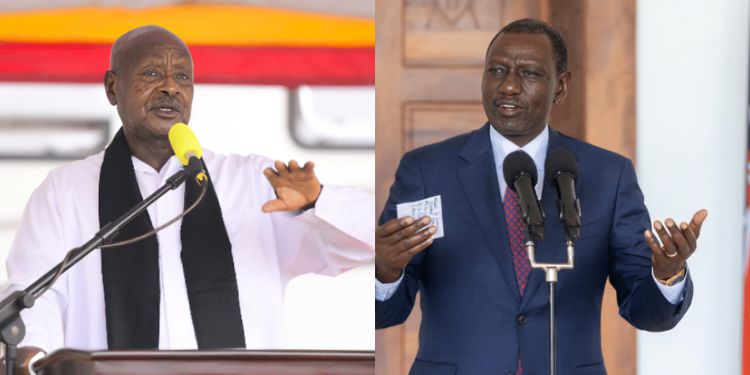

























![Senator Allan Chesang And Chanelle Kittony Wed In A Colourful Ceremony [Photos] Trans Nzoia Senator Allan Chesang With Channelle Kittony/Oscar Sudi]( https://thekenyatimescdn-ese7d3e7ghdnbfa9.z01.azurefd.net/prodimages/uploads/2025/11/Trans-Nzoia-Senator-Allan-Chesang-with-Channelle-KittonyOscar-Sudi-360x180.png)


















